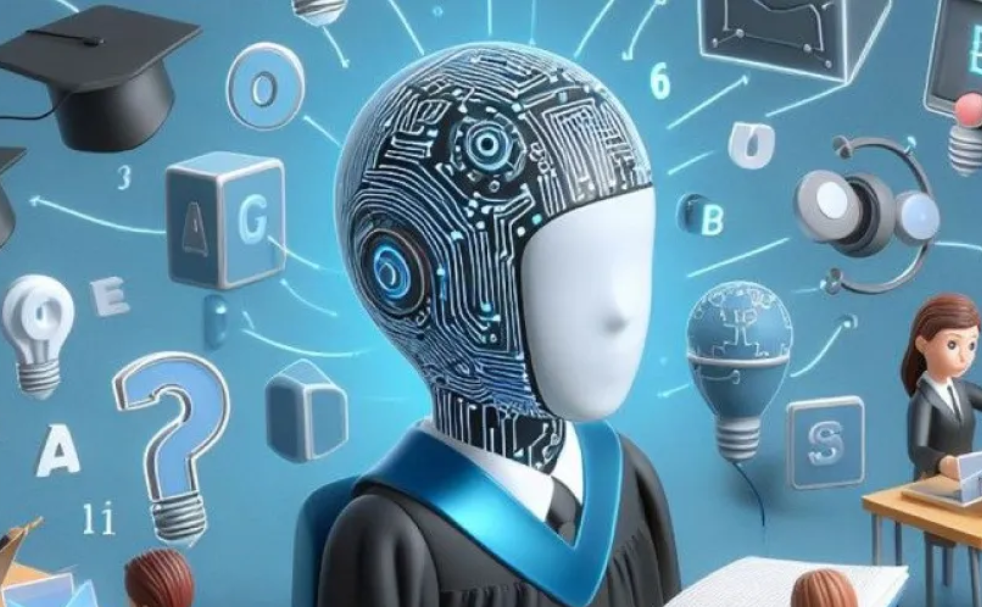AI is revolutionizing every industry and lifestyle. It’s time to think about “educational engineering” that prepares for a world of work very different from that of the past.

Educación formal versus IA
Formal education could be on the verge of losing its prestige: AI will transform the validity of degrees and make way for informal education.
In a few years, artificial intelligence (AI) will redefine education as we know it. Universities are seeing how their traditional assessment methods—exams and written assignments—will no longer certify real knowledge: passing will no longer ensure knowledge, but the ability to manipulate AI tools.
According to projections that are consolidated in 2025, the use of AI to cheat in UK universities has already risen to 7.5 cases per 1†̄00 students, compared to the current 5.1—which already accounts for almost 7†̄00 incidents in the 2023 cycle‒24
In Scotland these cases multiplied to an increase of 700 per cent, from around 130 to more than 1 per cent in a single year
Meanwhile, AI plagiarism detection systems are not as reliable as expected at the moment: it is estimated that 94†̄% of the content generated is undetectable, and erroneous accusations about students who incur in this crime will become a frequent problem, in the face of which legal litigation, compensation and all kinds of compensation will proliferate.
The future collapse of formal prestige
Academic diplomas, which today sustain prestige and value, run the risk of becoming mere papers without real content.
What is new is the emergence of informal education as an effective and economical alternative. Let’s not think about free public education, because that is not the norm outside Argentina.
On the same horizon, AI will reduce the costs of learning and survival: informal education—based on tutorials, communities, micro-credentials, and mentoring—will become the preferred option. The global educational AI market, which in 2024 was around US$5 million, is projected to reach between US$32 million and 75 million by 2030–33, with an annual growth rate of between 34 and 47 to 47 percent.
In times when AI will be able to answer almost any question instantly, what will separate leaders will be the ability to ask intelligent questions and know how to think critically.
In this near future, the reflection of Julián Colombo, an Argentine CEO, whose firm is dedicated to software and AI solutions, will be a beacon:
“The future does not belong to those who know the most, but to those who ask best.”
On the whole
Very soon, the validity of formal education will face its most demanding test: with AI-distorted assessments and ineffective detection systems, academic prestige will be called into question. At the same time, informal education will grow as an agile, affordable alternative aimed at real skills.
In this context, the ability to ask well, learn on one’s own and think flexibly will be the real bargaining chip in the knowledge market, as Colombo anticipates.

